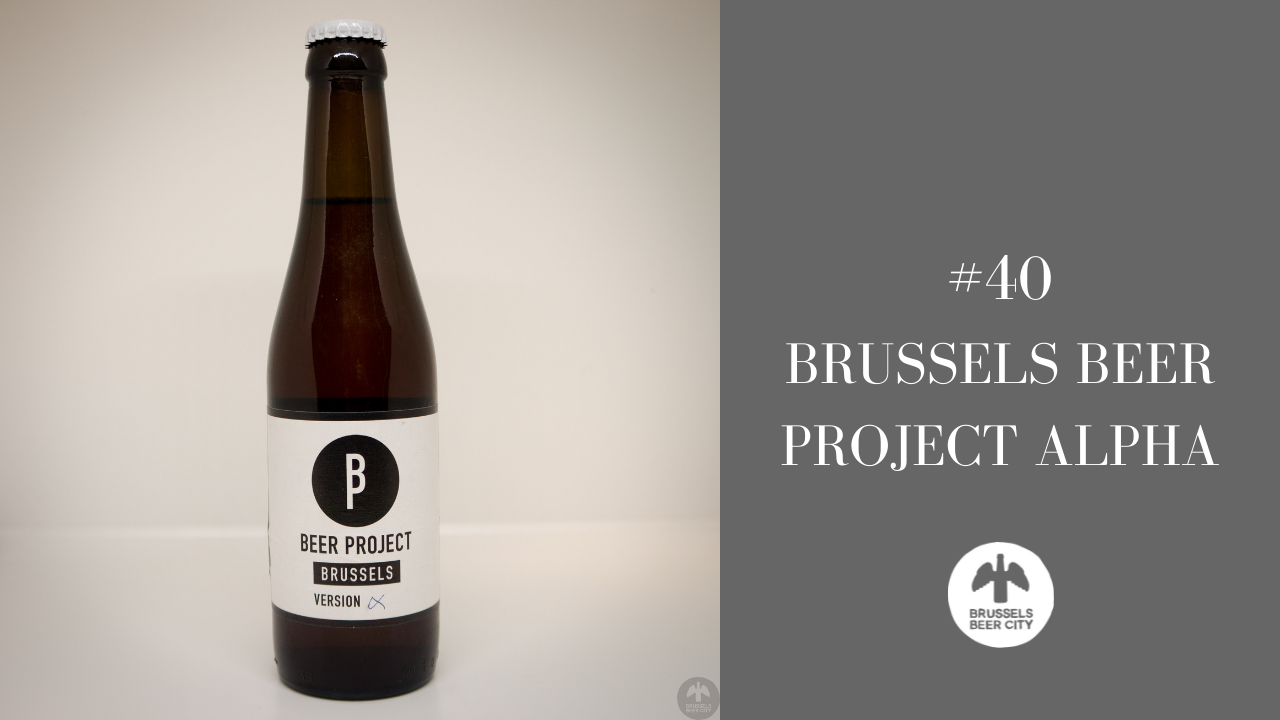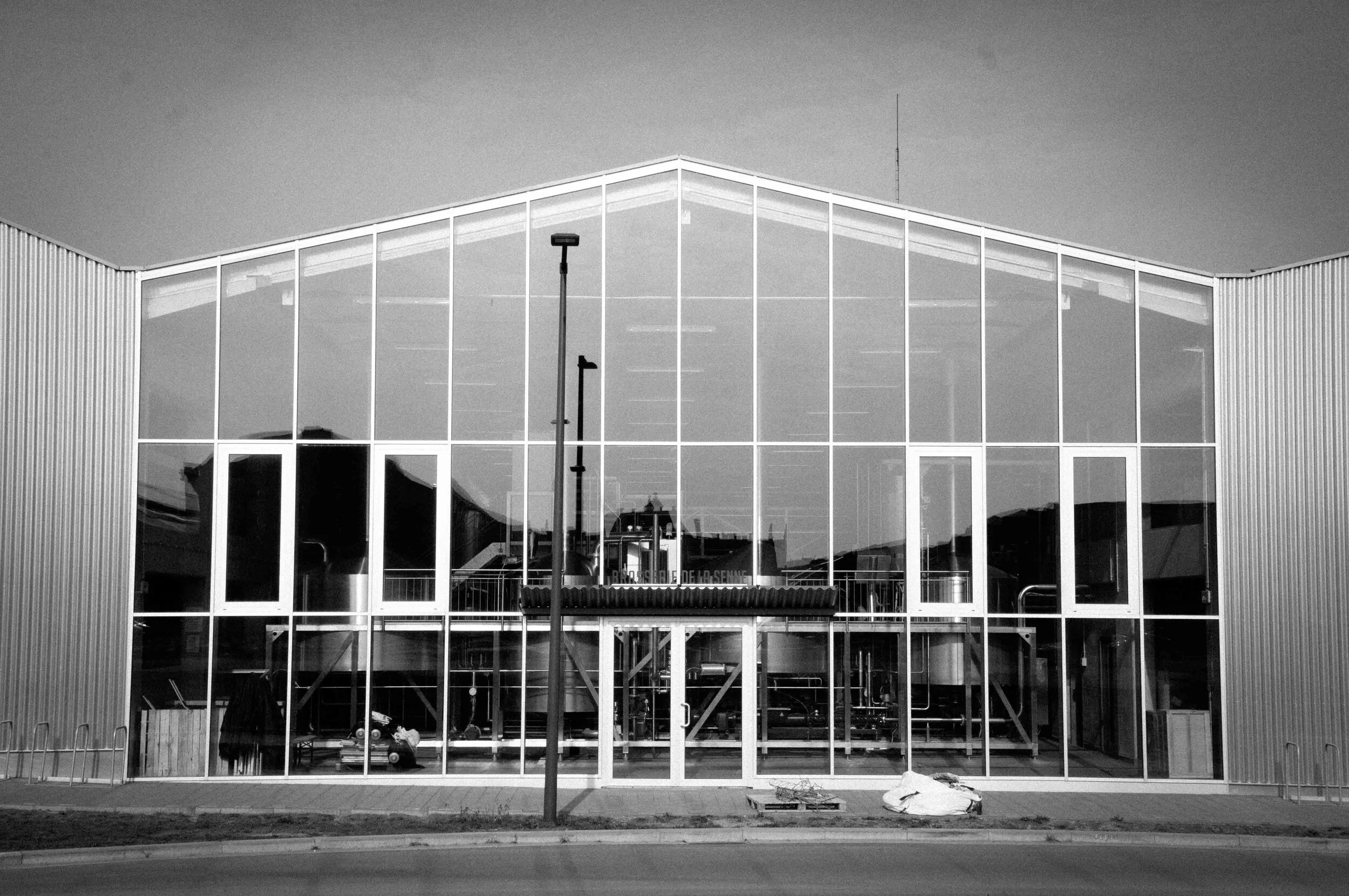A History of Brussels Beer in 50 Objects // #40 Brussels Beer Project Alpha
Object #40 - Brussels Beer Project Alpha
21st century
Brewery Life
Find out more about Brussels Beer City’s new weekly series, “A History Of Brussels Beer In 50 Objects” here.
“Why should every beer come from the middle ages?” With this question, Brussels Beer Project (BBP) announced its arrival in May 2013 as Brussels’ first self-consciously “craft” beer producer. Where Cantillon was a multi-generational family brewery, and Brasserie de la Senne a modern brewery re-interpreting older traditions, BBP were different.
Its founders, Sébastien Morvan and Olivier de Brauwere, met at university in Canada, discovering a shared interest in beer. Quite deliberately, BBP didn’t sound like Brussels’ established breweries either, though their projection of a self-consciously counter-corporate ethos would have been familiar to craft beer drinkers in bars from Brooklyn to Bermondsey. BBP’s beers were different too. More interesting than the origin of the beers - they were brewed at the Limburg-based Brouwerij Anders - was how they were chosen.
BBP’s model was a participatory one. A Mad Max Beyond Thunderdome-esque slogan - “4 prototypes. 1 will survive” - introduced their central idea: they would present to drinkers, over a month-long series of tastings across Brussels, four prototype beers developed with Anders. A public vote would then decide which became their first core beer.
Each prototype received a Greek letter and a colour. The beers were similar - pale and bitter - with the recipes varying in the quantity and variety of spices, hops, or yeast used. Blue Alpha was brewed with Smaragd hops, coriander and orange peel, and was described as a bitter and fruity Belgian Pale Ale. Yellow Beta was an amber-red farmhouse-style blonde made with paradise seeds, juniper berries, and saison yeast. Red Gamma was another Pale Ale, featuring cardamom & candy sugar. Green Delta, came with the tagline “[s]mells like heaven, bitter as hell”, a Belgian IPA brewed with Smaragd and Citra hops.
The final tasting took place on the last Saturday in June 2013, in the old machine room of Brasserie Wielemans-Ceuppens. 855 people voted and the winner, with 303, was Delta. Shortly thereafter BBP announced a crowd-sourced competition to give the beer a new name. But before announcing the winner, in September 2013 they launched their first crowdfunding campaign, Beer For Life, raising €50,000 from 369 contributors. Then came a new beer in January 2014, Dark Sister, and a second crowdsourced beer, the Belgian Hefeweizen called Grosse Bertha. In October 2015, BBP opened their city-centre brewery on Rue Antoine Dansaert. More crowdsourced beers and Beers For Life campaigns followed, alongside bars in Tokyo (2017) and Paris (2018 and 2019).
And in early 2022, BBP cranked into action their new “Port Sud” brewery on the canal in Anderlecht, allowing them to bring all their brewing in-house for the first time. The first beer piped into the brand-new fermentation tanks had changed a little since its 2013 debut. It was now a Saison IPA, dropped half a degree in alcohol, and now came packaged in cans. But the cans were still green (albeit with an orange sash), and the beer was still called Delta. Because, in Brussels Beer Project’s decade-long dash, they never did quite get around to giving it a new name.













